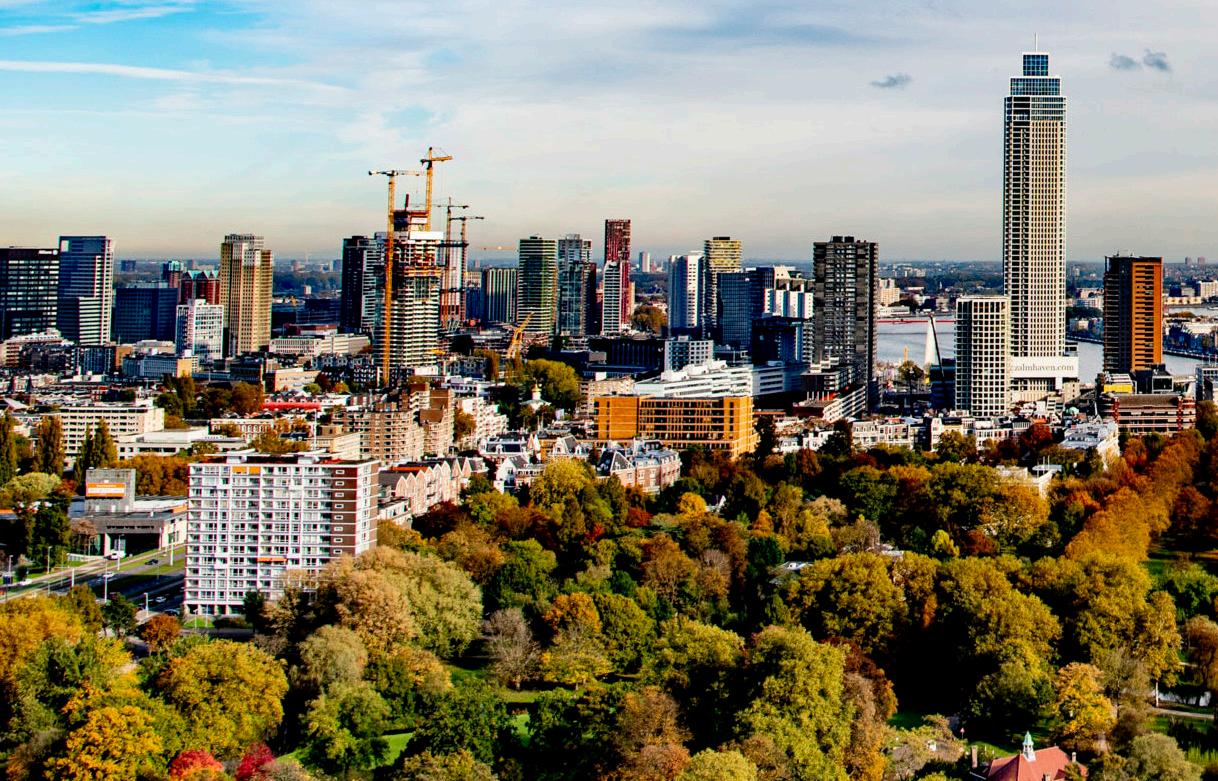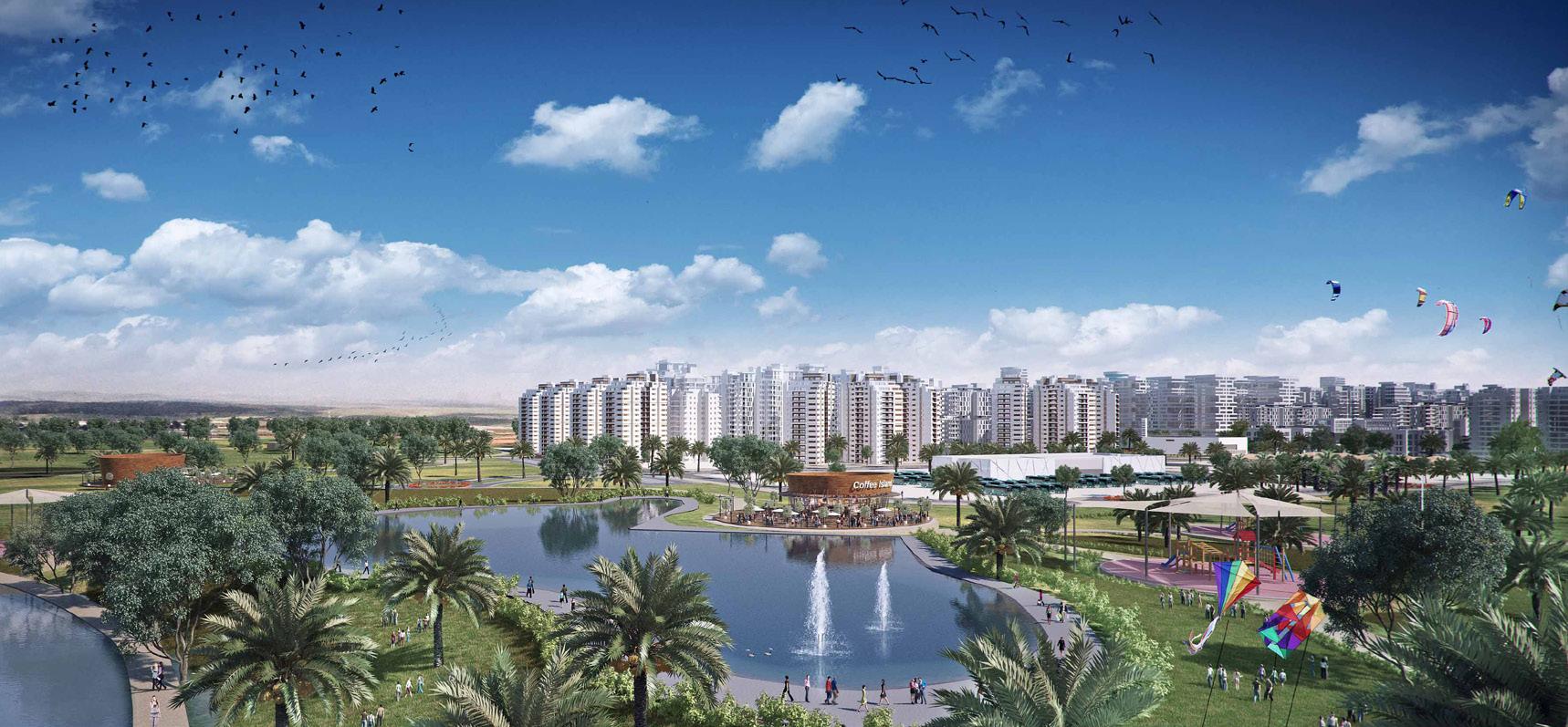INNOVATION & CHANGE
SMART CITIES ARE RESILIENT CITIES BY JONATHAN REICHENTAL
Changes in how we work, live, and play, coupled with an unpredictable climate, mean that cities must evolve quickly and be able to respond to shocks. City leaders and stakeholders must plan and build for a variety of future possibilities. Being smart about resiliency is a core requirement of smarter and more sustainable communities.
U
rbanization is occurring all over the world. About 80% of cities are growing today. We’re adding about 3 million people to cities every single week and building infrastructure the size of Manhattan every month—and we’ll do that for the next 40 years. Cities are also the center of GDP in almost every country. Cities are incredible places, and they are our future. Of course, we have a lot of challenges. We have to fix some very urgent issues, including our love affair with the automobile, hyperconsumerism, and extreme inequalities among our populations. The opportunity to innovate and deliver new products and services to our cities, to make them smarter and resilient, is worth $2.4 trillion by 2025. And if we look even broader, our urban innovation activities can create $20 trillion of new economic value by 2030, which is very motivating. That takes us to the topic of resiliency, which is the ability to bounce back and recover quickly from shocks. Are cities ready? What will it take for that to happen? The future is never a straight line. We know that things are going to surprise us. We can’t think of everything, but we can be more prepared. We need to ensure that big issues don’t happen—but when they do, that cities can recover quickly and bounce back on a positive trajectory. And then, we can be on a path to transforming our societies so they are strengthened and more resilient over time.
20 | Smart City Miami
Climate Crisis One of the most significant areas of resiliency is our ability to be prepared for the eventualities of the climate crisis. About 550 global cities are on coastlines, representing about 1.5 billion people. Many of them see flooding year-round, sometimes daily in areas where it used to be sporadic. We will also see droughts, and when they happen, they will be longer and dryer. When storms come, they will be more frequent and stronger. Being able to plan for and respond to the climate crisis is interconnected with every other aspect of resiliency. Economic Resiliency Many communities experience the cyclical nature of economics: We go through periods of growth, where we have plenty of commerce and demand for products, and it trickles down into every aspect of life. We also see the downsides. During the Great Recession, for example, we saw the entire world economy dip such that many organizations, including cities, had to let people go and reduce services. When we look over the last 100 years, we see we do not have a situation where economic growth is continuous without interruption. So how can our communities be resilient against major downturns? Part of it comes down to the diversity of industries. Economies dependent on one sector are more vulnerable than those that are more diverse because those cities have built an ecosystem that supports lots of different industries.
Innovation is another important part of economic resiliency, ensuring that communities continue to evolve and that there is collaboration between public and private sectors to ensure that investments are made to catalyze economic opportunity. Governance Governance applies to the day-to-day management of a city, but it also relates to the structures in place in the event of a crisis. Governance asks questions like: Do we have leadership driving positive and popular change? Do our responding organizations have strong, trained leaders who have the trust of their communities? We also need to engage with stakeholders— city leaders, academia, private sector, nonprofits, community members, visitors, etc. To what degree does a city engage and create engagement channels for all stakeholders to be involved? Do our communities have strong public-private partnerships that support these types of engagements? This is very core to what we mean by governance.
“RESILIENCY IS A CITY’S ABILITY TO BOUNCE BACK AND RECOVER QUICKLY FROM SHOCKS.”










































